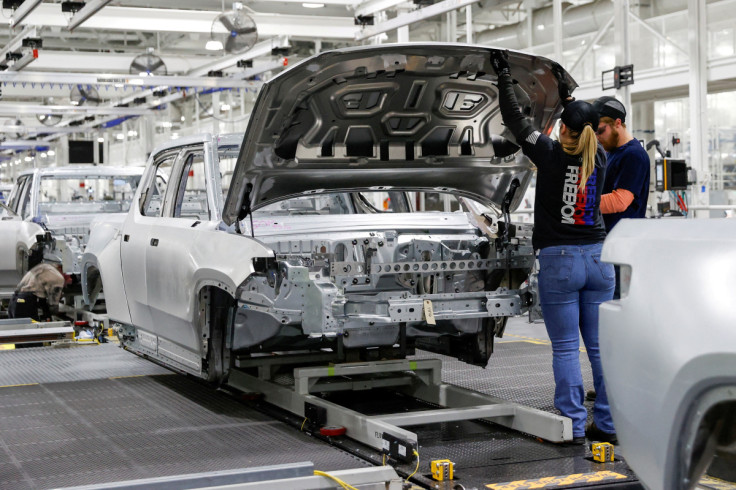What's The Problem With EVs?

The electric vehicle industry has had higher sales than before, and the problem with EVs isn't with demand but with supply.
Rivian CEO RJ Scaringe had warned in April that the EV battery problem was enough to warrant concern. He said 95% of the battery supply chain "does not exist." Constant semiconductor shortages and rising inflation have only fired those flames. Kelley Blue Book's figures list EVs as accounting for 5.6% of all new vehicle sales. The demand is there for EVs. That number is up from 1.4% in 2019 and will continue to grow as automakers switch to electric fleets.
Corey Cantor, a researcher at BloombergNEF, told CNN that "demand is definitely there" and will continue to grow. He noted that the issue is with "automakers not being able to ship enough."
This has led to waiting times of three years or more for Ford's award-winning electric version of its F-150. Ford's vice president of electric vehicle programs told CNN that all 150,00 Mustang Mach-Es produced were for customer orders. Ford couldn't produce enough to send out to dealer lots even though there was more than enough demand for it.
Shortages and high prices are concerns for automakers as a whole, even for Tesla. CEO Elon Musk tweeted in April that the prices of the lithium needed to manufacture EVs had "gone to insane levels," adding that Tesla would have "to get into the mining & refining directly at scale, unless costs improve."
Price of lithium has gone to insane levels! Tesla might actually have to get into the mining & refining directly at scale, unless costs improve.
— Elon Musk (@elonmusk) April 8, 2022
There is no shortage of the element itself, as lithium is almost everywhere on Earth, but pace of extraction/refinement is slow.
Musk explained that while there is no shortage of lithium itself in its raw state, but it's the "pace of extraction/refinement" that is not fast enough to meet with demands.
More EVs are set to flood the market in 2023 and the Inflation Reduction Act with its EV tax credits could flood the market even further. This will push EV sales to continue rising and for the supply chain to remain an issue.
© Copyright IBTimes 2025. All rights reserved.





















